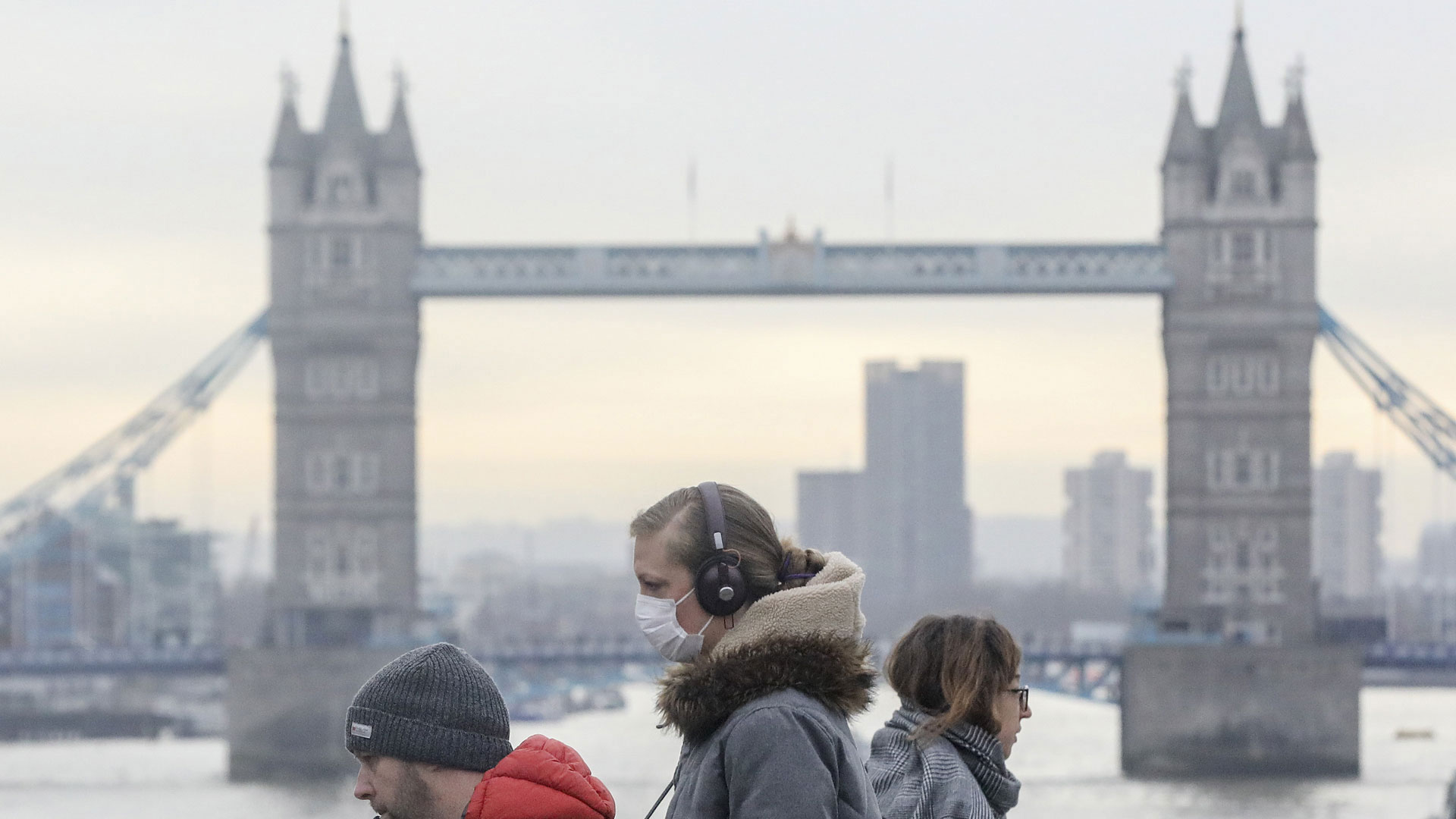“Therefore it’s really important any community efforts and spaces that are made available by the authorities offer people the opportunity to isolate properly.
“Hotels would be ideal because most of them have an en suite, and they’re less busy than usual at the moment. Student accommodation could be an option too.”
Chancellor Rishi Sunak announced a £500m hardship fund as part of the Budget last week, designed to enable local authorities in England to help “economically vulnerable” in their area. MoH advice suggests this be used to block-book rooms in hotels which are otherwise struggling for business and make them available to homeless people.
The MoH proposals said repurposing e.g. one hotel per area would reduce hospital admissions, prevent people ending up in the streets after being rejected from shelters and make it easier to manage resources efficiently.
The activists also said housing benefits could be redirected to cover some of the costs of this if necessary – but said this wouldn’t help homeless people with uncertain immigration statuses, who must be included in the plan regardless.
Today the government released updated guidance for hostels and day centres to manage the pandemic, but homelessness experts say the advice falls short and is unlikely to make a material difference to vulnerable lives.
The advice states that if a homeless person becomes unwell while in a day centre but has nowhere to go, they should “be isolated temporarily in an area of the day centre” while staff contact the local authority.
It also says public health, housing and social care teams should work together to “identify appropriate local solutions for people who don’t have anywhere to self-isolate”; it doesn’t suggest where this could be, but that ministers will “issue a further communication on this in due course”.
“It’s something but it doesn’t address what homeless people can do when they need to isolate,” Turtle said after reading the government guidelines. “We just need those single units to be made available.”
It’s also crucial that councils start tallying the number of vulnerable people they could be required to care for, the MoH plans said – something Islington Council has been working on in collaboration with the charity.
A third person we turned away was discharged from the hospital after being rejected for testing
Meeting to discuss contingency plans just days ago, service providers and grassroots activists met with council representatives to tell them the number of people they were housing in their shelter or hostel – meaning the local authority now knows how many people may need to be accommodated in isolation.
“Those sorts of meetings need to be happening round the country,” Turtle said.
If the government does not take action soon, the co-founder added, “the impact could be devastating” – leaving homeless people to become unwell on the streets on their own, and in some cases could result in community groups bringing ill people into shared spaces.
Homelessness charity Glass Door runs a network of shelters which are subject to the government’s advice on managing the pandemic. Lucy Abraham, chief operating officer at Glass Door, said they have already had to turn away three people because they were showing symptoms of COVID-19.
Abraham added: “One man who we were forced to turn away spent the night at King’s Cross and Victoria stations. Another wasn’t allowed in because it was clear he had flu-like symptoms. However, we were able to offer him food to eat outside, and he found a spot to sleep outside the church. Thankfully it wasn’t raining and he didn’t wander off to a more crowded spot.
“A third person we turned away, a woman, was discharged from the hospital after being rejected for testing. The situation highlights the need for better options for people who are sick and have nowhere to self-isolate with dignity.”
She said the government’s new advice was “welcome” but “lacks specific guidance on what individuals can do if they have symptoms and have nowhere to self-isolate”, and that it is crucial for organisations like hers that the government commits to both testing those who have symptoms. Abraham said MoH’s proposals to use hotel rooms is a “creative approach” that Glass Door is keen to explore.
“People who are homeless are some of the most socially isolated people in our communities,” Abraham added. “We cannot forget the people on our streets during the coronavirus pandemic and making human connections with people who you see on the street is more important than ever before. A small gesture like a kind word or even a smile can combat the loneliness that rough sleepers will probably be feeling now more than ever before.
“The coronavirus pandemic reminds us that we are all connected to each other – and that we ignore the most vulnerable in society at risk to all of us.”
The Big Issue approached the Ministry of Housing, Communities and Local Government for comment.









